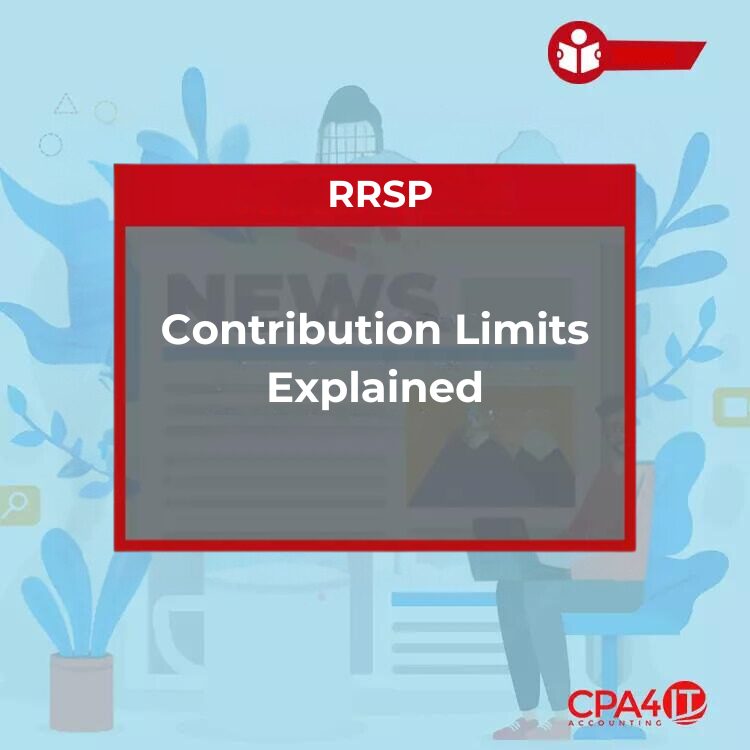In a significant policy shift, the Canadian government has announced a delay in implementing its proposed changes to the capital gains tax. Initially set to take effect on June 25, 2024, the revised taxation framework will now be enforced starting January 1, 2026. This decision follows political obstacles that prevented the passage of the measure in parliament and has sparked discussions among businesses, economists, and policymakers about its potential economic consequences.
Understanding the Capital Gains Tax Proposal
The proposed tax changes were first introduced in April 2024 by the Liberal government as part of a broader fiscal strategy. The primary adjustment involved increasing the inclusion rate—the portion of capital gains subject to taxation—from 50% to 66.67% for corporations and individuals earning more than C$250,000 (approximately $174,605 USD) in capital gains annually. The goal of this reform was to generate an estimated C$19.4 billion in revenue over five years, which the government planned to allocate toward affordable housing initiatives and deficit reduction.
Despite these ambitious objectives, the policy faced significant resistance from various stakeholders, including opposition parties, business groups, and financial analysts. Many critics warned that raising the capital gains tax could deter investment, making Canada less attractive to both domestic and foreign investors. The business community, in particular, expressed concerns that the tax hike would create additional financial burdens, stifling entrepreneurship and economic growth.
Political Challenges and Legislative Delays
The tax changes were scheduled for parliamentary debate and approval in 2024. However, political challenges prevented the measure from passing. Prime Minister Justin Trudeau, facing increasing scrutiny over his leadership, announced in early January 2025 that he would step down once a new leader is chosen. His decision to prorogue parliament—suspending its activities until March 24—further complicated the legislative process, delaying the passage of several key initiatives, including the capital gains tax proposal.
The suspension of parliament effectively placed many legislative reforms on hold, forcing the government to reconsider its strategy. Without a functioning legislative body, any changes to tax laws remain in limbo, creating uncertainty among investors and financial planners. Although the government has already been collecting the increased tax from affected parties since the originally intended implementation date, the official legislative approval remains unresolved.
Economic and Business Community Reactions
The announcement of the postponement has elicited mixed reactions from different sectors. On one hand, businesses and investment groups have welcomed the delay, seeing it as an opportunity to push for further revisions or reconsideration of the tax changes. Many argue that the increased tax burden could discourage capital formation, limiting the availability of funds for innovation, expansion, and job creation. Small business owners, in particular, have expressed concerns about the impact of the policy on their financial planning and retirement savings.
On the other hand, some economists and policy analysts believe that the deferral creates fiscal uncertainty and could hinder the government’s ability to meet its revenue targets. The intended use of the tax revenue—funding affordable housing projects and addressing the budget deficit—remains a pressing issue. With the tax increase postponed, questions arise about how the government will finance these initiatives in the interim.
Implications for Business Owners and Financial Planning
For business owners and financial advisors, the delay provides a temporary reprieve and an opportunity to reassess their tax strategies. With the inclusion rate remaining at 50% until at least the end of 2025, individuals and corporations with significant capital gains have additional time to adjust their financial planning accordingly.
Some potential strategies that investors may consider include:
Maximizing Gains Under the Current Rate
Business owners may choose to realize gains before the new tax structure takes effect in 2026, thereby benefiting from the lower inclusion rate of 50%.
Exploring Tax-Advantaged Accounts
Placing investments in tax-sheltered accounts such as Registered Retirement Savings Plans (RRSPs) or Tax-Free Savings Accounts (TFSAs) could help mitigate future tax liabilities.
Reevaluating Investment Portfolios
Businesses and individual investors might look into restructuring their portfolios to optimize their tax positions under the forthcoming tax regime.
Financial advisors are expected to play a crucial role in guiding their clients through these decisions, ensuring that tax efficiency remains a priority in long-term wealth management.
Government’s Fiscal Strategy Moving Forward
The Canadian government now faces a challenging task in navigating its fiscal policy while maintaining economic stability. With the capital gains tax reform delayed, alternative revenue-generation strategies may need to be considered. The government could explore options such as:
- Broadening the Tax Base: Introducing new tax policies that spread the fiscal burden across a wider range of sectors.
- Spending Cuts: Reevaluating public spending priorities to reduce reliance on additional taxation.
- Encouraging Economic Growth: Implementing pro-business policies to stimulate economic activity and increase tax revenues organically.
The postponement also raises political questions regarding the future direction of tax policy in Canada. With Trudeau set to resign, his successor will inherit the responsibility of navigating these economic and political challenges. Depending on the outcome of the leadership transition and potential future elections, the capital gains tax changes may be further modified or even scrapped entirely.
Looking Ahead: Key Considerations for Stakeholders
As Canada moves toward implementing these tax changes in 2026, various stakeholders must remain proactive in their financial and policy planning. Business owners should stay informed about potential adjustments to the legislation and seek professional financial advice to navigate the evolving tax landscape. Businesses must assess the long-term impact of these changes on their investment strategies and growth plans.
We Can Help!
Still not sure? Don’t worry, we are here to help! Click here to book a FREE consultation with our experts to understand how this change impacts you and the best strategies to minimize your taxes and retain more of your hard earned income.





